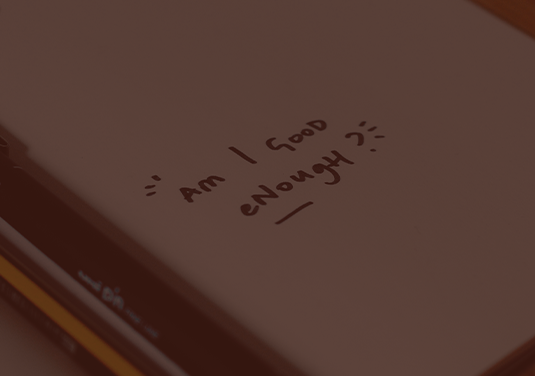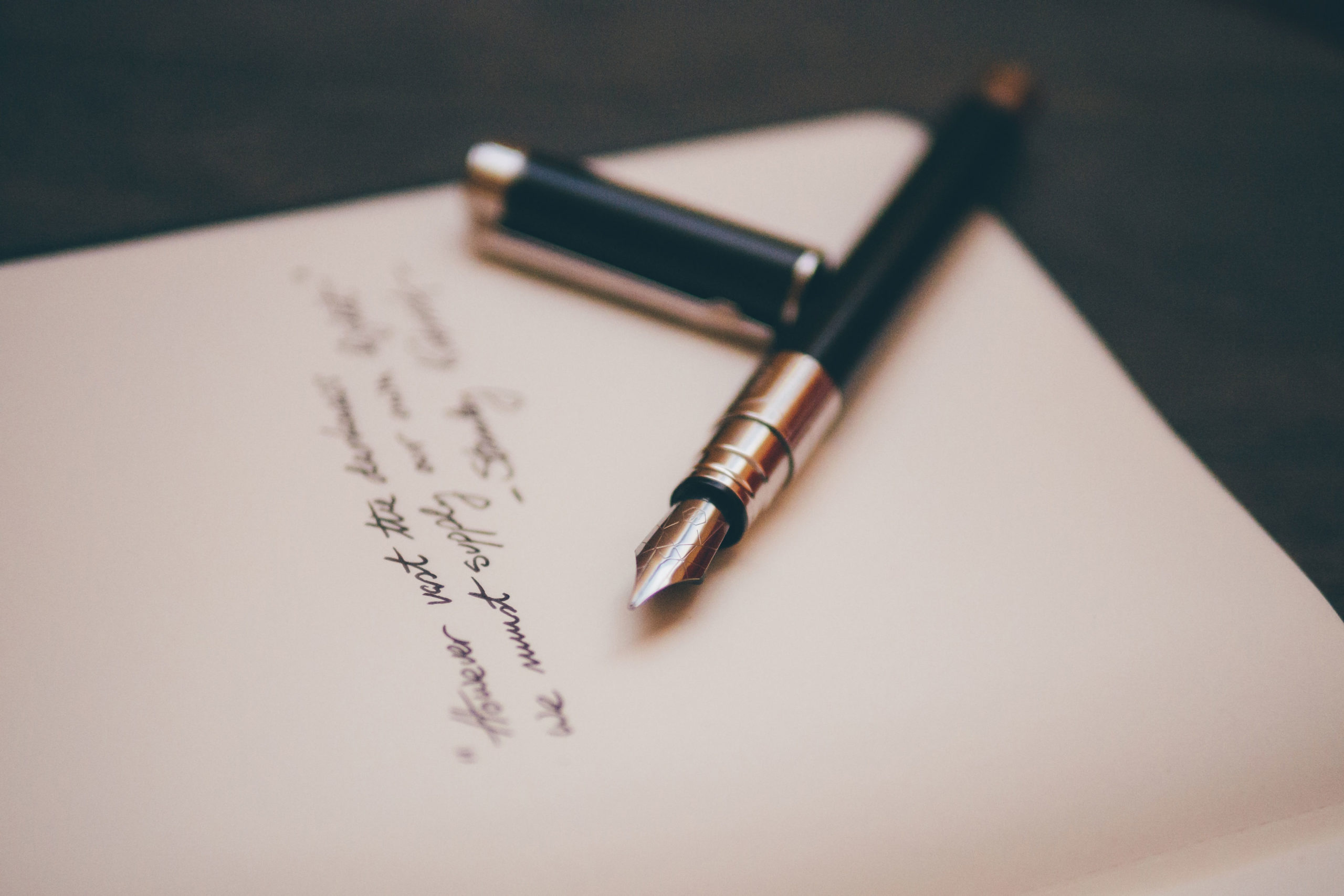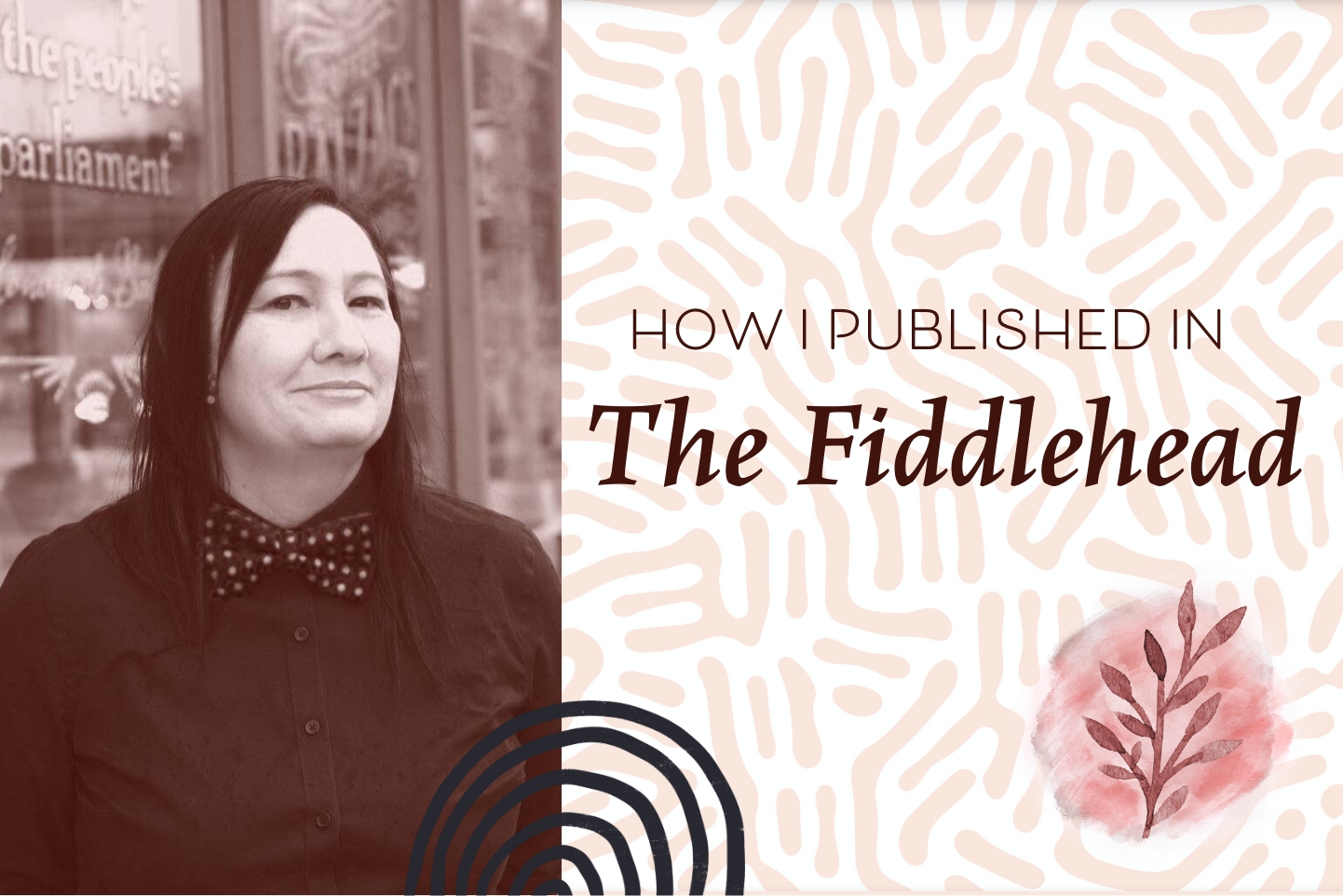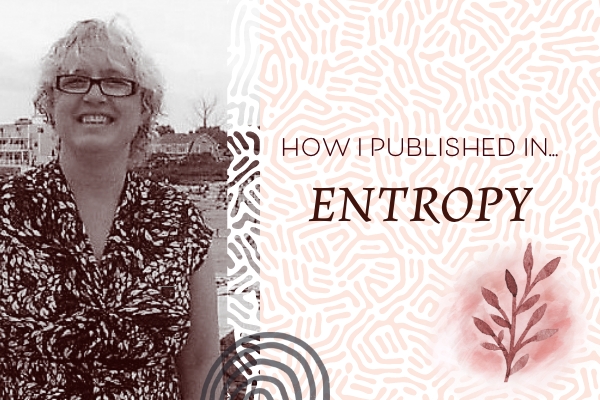The biggest epiphany I had about my writing in the last year is that there is nothing special about my story. This sounds like a terrible epiphany, I realize! But it was so liberating. Let me explain.
The message that my story isn’t special landed the hardest the day I spoke with an old friend who asked me about my memoir. As I summed up some of the themes for her—feeling unlovable and unloved, the isolation of grief—I could sense her growing increasingly uncomfortable, shifting in her chair.
I’ve known this friend for decades and she has a lot of stock in the bank of my trust, so I knew the tension I felt wasn’t because of the themes themselves, or even mistrust about my ability to write.
It was something else. I took a long breath as a spot of dread pitted in my stomach. But I wanted to hear whatever it was, so I asked for her honest feedback.
“Don’t most people feel those things? Isn’t that the human condition?” she said, then immediately apologized. Oof, right?
Her words might have thrown me off, were I not already really solid about my writing. (Sidenote: Even with all the trust we have, I would never share themes in a story with anyone who wasn’t also working hard on figuring things out in their writing, if I wasn’t solid with my project.)
Back to her point, though. Everyone is hurting and suffering, feeling lonely and alone and this is true all over the world. So, why write about it?
I didn’t hesitate in my response, “Great, those are the people I will reach with my book.”
Because she’s right. The themes in my writing aren’t special. They’re universal.
When it comes to grief, it’s either come or is coming for us, and none of us truly move on from it.
But, I spent a lot of years feeling unique in my grief.
I would think, well I’ll get over this loss and then I’ll be able to write about my life again. I thought I was special. Lots of people told me I was, after all. “You’re so strong,” they’d say, which I realized later was more like hoping and praying that though I may bend for a while, I wouldn’t break.
The more I opened up and shared about grief, the more I found other grievers, and the more I realized I’ll never really “move on.” That’s not what happens. (We move through grief, not on from it.)
That’s not to say I don’t have moments when I unkindly say to myself, why can’t you just get over this? Why are you still stuck here?
Which brings me, at last, to what is special about my writing—my ability to stay in those moments. I stick myself back into those feelings and situations and explore them bravely.
Disenfranchised grief weaves its way through all my writing. I’m writing about a big grief event, but also about other more insidious sadness that comes from feeling alone in the world in a way that almost doesn’t make sense.
To be fair to my friend, this epiphany actually began last year when I picked up The Situation and the Story: The Art of Personal Narrative by Vivian Gornick Reading helped me recognize that all the plot points in my memoir, no matter how significant to me, are only ”situations” until I make them into a story.
It primed me to take what my friend had to say the right way because I already knew that the impact of my story will come from the meaning I make of events, feelings, situations.
Since writing is in its essence a conversation, what will make it special is how I reach out to connect with readers.
The details of my story are mine alone, and won’t be something that everyone is going to relate to, but I will reach readers by expressing honest experience and honest feeling. So the specialness of my writing relies on knowing if I can bring a reader into my worldview with honesty and integrity.
Because they will recognize the terrain of my story, my readers will only connect with it if they feel it is true. They will want something deeper than just a chain of events, something true about the world that might help them make meaning, too.
Because there’s nothing special about my story—even as it’s uniquely mine—I know I have readers who need to hear it.
Here are a couple of questions for you to think about for your own writing:
• How is your story not special, and therefore universal?
• What conversations are you starting with your writing?
I hope these help you have your own epiphany about the importance of your writing.





